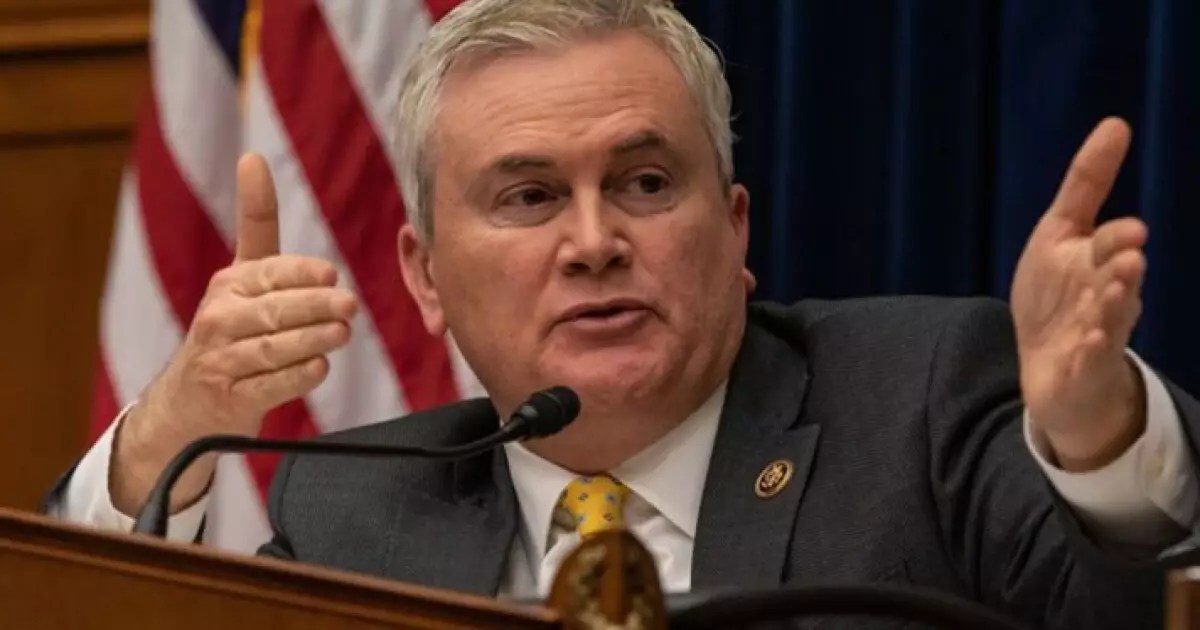After the recent reversal of the Chevron doctrine by the U.S. Supreme Court, House Republican leaders have initiated a review of the environmental, social, and governance agency regulations put forth by the Biden administration. In letters addressed to Transportation Secretary Pete Buttigieg, Homeland Security Secretary Alejandro Mayorkas, and Environmental Protection Agency Administrator Michael Regan, House Transportation and Infrastructure Committee Chair Rep. Sam Graves and House Oversight Committee Chair Rep. James Comer have requested information about any rules, actions, or decisions that may be affected by the Supreme Court’s decision in Loper Bright v. Raimondo.
The letters sent by the House Republican leaders highlighted the fact that the Biden administration has implemented numerous major rules, leading to increased costs and paperwork burdens. Many of these rules, particularly those related to President Biden’s climate, energy, environment, social, and governance agendas, have been based on aggressive interpretations of statutes enacted by Congress years or even decades ago. The request for documents dating back to the beginning of Biden’s presidency with a deadline set for July 23 marks the beginning of what is anticipated to be a growing number of challenges to federal agency guidelines and rules following the Supreme Court’s ruling on June 28.
The 40-year-old Chevron precedent, which mandated federal courts to defer to federal agencies’ interpretations of ambiguous laws, has now come to an end. With federal courts now holding the primary responsibility for interpreting unclear or ambiguous statutes, the ruling represents a significant shift in power. According to John Korzen, director of Appellate Advocacy Clinic at Wake Forest Law School, the Supreme Court’s decision is a landmark ruling in terms of separation of powers. This change is expected to make it harder for government agencies to prevail in cases where their authority hinges on statutory interpretations, leading to an anticipated increase in litigation challenging regulations.
Moody’s Investors Service has also weighed in on the ruling, predicting a surge in legal challenges that may result in a turbulent transitional period. The ruling is expected to complicate new rulemaking and could jeopardize existing climate regulations. Agencies like the EPA, which have proposed regulations to address climate-related issues such as greenhouse gas emissions and drinking water quality, may face limitations in their ability to enforce such rules. Additionally, Moody’s suggests that new climate-related disclosure rules, such as those introduced by the SEC, may be at risk of being reversed due to weakened agency power.
Overall, the Supreme Court’s ruling on the Chevron doctrine is poised to have far-reaching implications for federal agency regulations and the implementation of policies aimed at addressing critical issues such as climate change and environmental protection. The shift in power dynamics between federal agencies and the courts signals a new chapter in the interpretation and enforcement of laws, with potential challenges and obstacles ahead for policymakers and regulators alike.


Leave a Reply